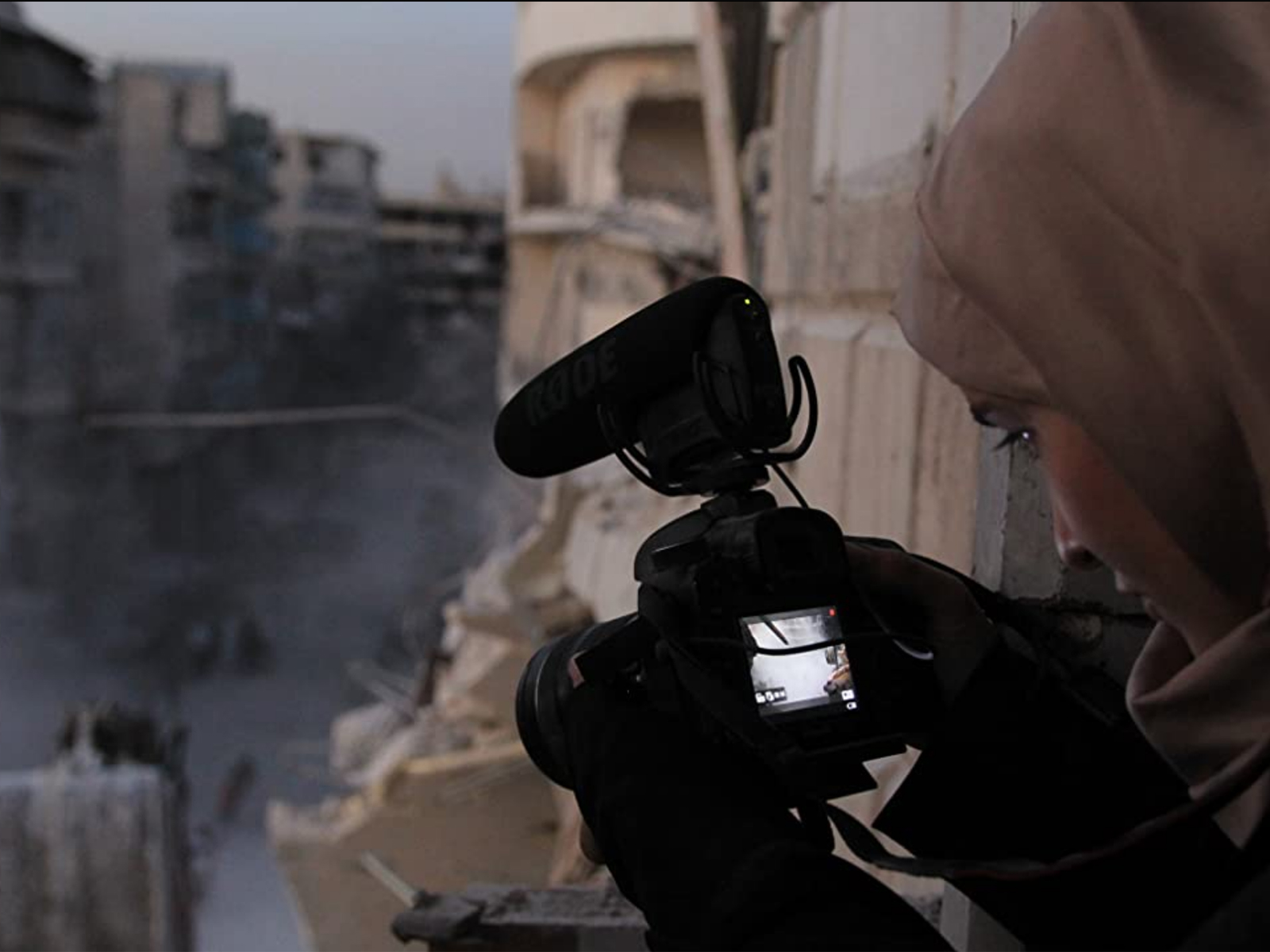
- Film
Syrian Cinema in Times of Crisis
The history of Syrian cinema is inextricably linked to its political history beginning in 1920 when the French took colonial control, forcing King Faisal to leave the country. Under their rule, many theatres were built in Damascus, but they screened primarily French films. The first Syrian-produced film was The Innocent Suspect, a black-and-white silent feature made in 1927. This was only one year after Egypt released its first feature film. The film was created by three Syrian film fans who imported a German camera which none of them knew how to use, so they hired a photographer to write the script and operate the camera. The film was a hit, and the three then formed the first Syrian production company, Hermon Films. However, their second film, Under the Damascus Sky (1934), did not fare as well. Unfortunately, its release date coincided with that of the Egyptian musical Hymn of the Heart, whose success overshadowed its Syrian counterpart, and it became a commercial flop. Not only that: the film was banned by the French authorities for exceeding its budget and fined for copyright infringement for its music. Since Egyptian films dominated the Syrian box office, Syrian filmmakers sought opportunities in Cairo.
Although Syria was recognized as an independent republic in 1945, the French did not leave until 1946. A year later the first Syrian talkie Light and Darkness (1947) was produced by Nazih Shabander, and the 1950s saw a rise in local productions, with films reflecting the popular themes of the times. But they had difficulty distributing the films since it was more profitable to release the Egyptian films.
In the 1960s Syrian military coup after coup ensued. But in 1963 the Ba’ath government established the National Film Organization, which controlled every aspect of filmmaking including financing. Hence, the films turned to documentaries as propaganda promoting the great achievements of the state. These were released in theaters, Syrian television and film clubs organized by the NFO.
This was the Golden Age of Syrian film. The restrictions imposed by the NFO led to creative solutions to censorship. Modeling films after the successful Egyptian features, Syrian films ran the gamut from musicals to romance to comedies, but after Minister of Defense Hafez al-Assad seized power in November 1970, Syrian documentaries and political fiction became the mainstay of the national film industry. They were finally recognized internationally, as was The Knife, directed by Khaled Hammada, selected for the 1971 Moscow International Film Festival. Directors of other Middle East regions were welcomed by the NFO to make films in Syria. Egypt’s Tewfik Salah’s 1972 The Dupes became one of the first Arab films to seriously address the Palestinian question. Other key films in this period were Men Under the Sun directed in 1971 by Iraqi-born Kays Al Zbaide, and Kafr Kassem, a drama about the gruesome massacre of Palestinians at the hands of the Israelis, directed by Lebanon’s Borhane Alaouie.
In the late 1970s, filmmakers began to criticize the control of the regime. In 1979 the Damascus Film Festival was formed by the late Syrian film director Muhammad Shahin. Though many films were banned in Syria, they won accolades in film festivals around the world.
Following the Hama massacre in 1982, the regime began to crack down on liberal dissent, and filmmakers began to develop their own scripts with a more personal style, focusing on the trials and tribulations in Syria. At this time, the use of metaphor became very important, with filmmakers facing the constraints of limited funding, censorship and lack of distribution. But international film festivals supported Syrian films and still do so to this day.
In 2017 Little Gandhi became the first Syrian film ever submitted to the Oscars. For Sama (2019), a documentary following director Waad Al Kateab through five years of her life in war-torn Syria has won 63 international awards and was nominated for an Oscar. In an interview with the website InfoMigrants, she said “I don’t want your tears – I want you to do something. You can make a difference.” This is the power of film.

